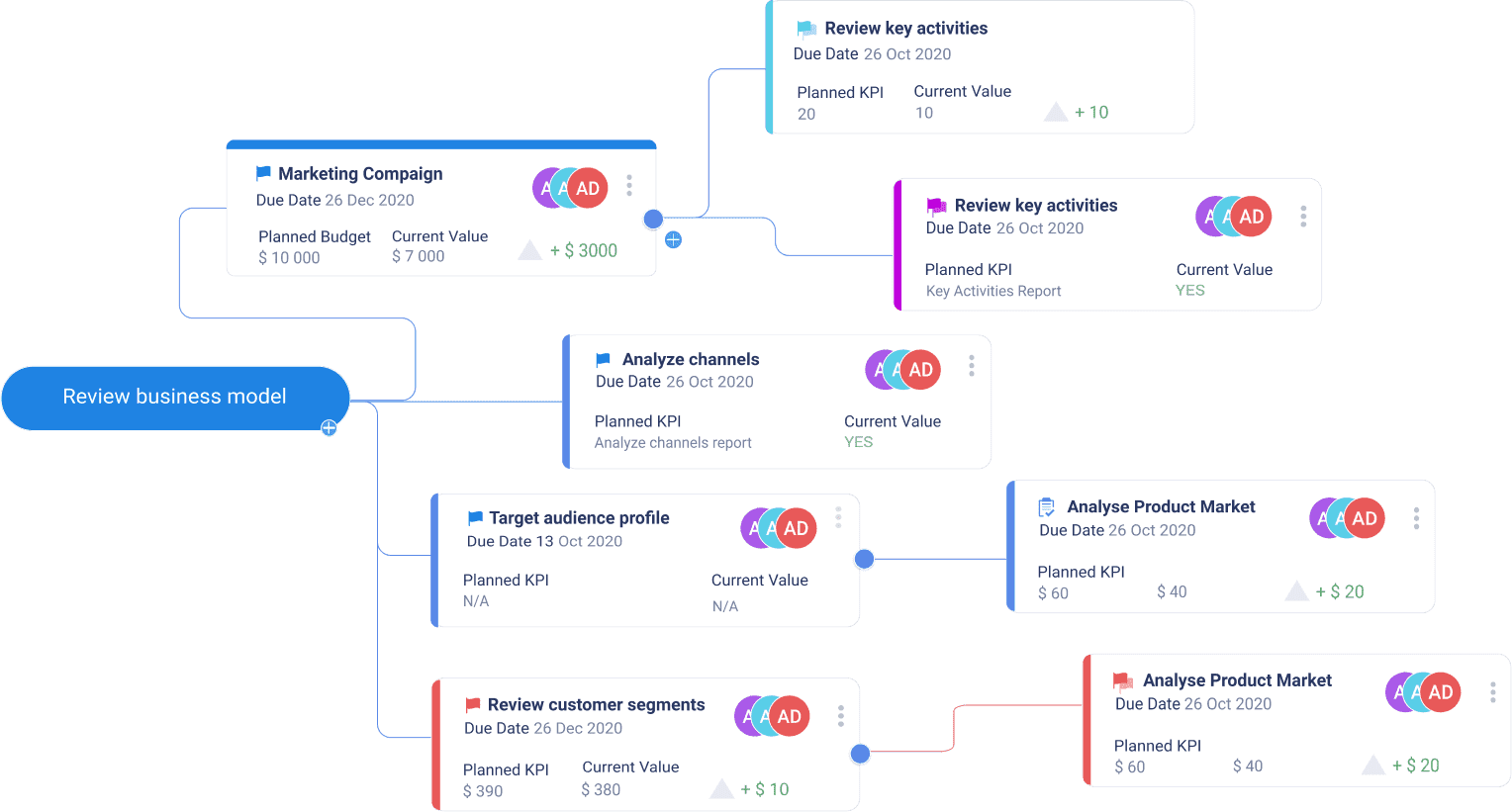What Is Product Disruptor?
A product disruptor is a concept that describes an innovation which brings about a fundamental change in a product’s direction, a company’s business model, or replaces an existing industry with a new one. In this sense, it is possible to differentiate between a product disruptor that changes a product’s vision, and an industry disruptor that creates new markets.

The idea of “disruptive innovation” was suggested by Clayton Christensen who referred to it as a process in which a product becomes so popular that it replaces a conventional (or original) one. Disruptive innovations are characterized by lower gross margins and simpler and more targeted products. In their essence, they are far from advanced versions of the baseline products; they are alternatives that offer specific benefits like price, accessibility, or convenience.
How to recognize a product disruptor
Not every change to a roadmap becomes a disruptor – for this, it needs to drastically change the vision of the product. However, there are a few signals that suggest that an innovation is likely to become a product disruptor:
- It changes the value proposition. This happens when a single and usually underrated feature of a product proves to be so popular that the whole new product is built around it.
- It changes the technology used in the product. A common nowadays example is moving a product to Cloud and rethinking it as a service.
- It changes the business relationship with customers, for example, customers do not buy a product but are switched to a paid subscription or a pay-to-use model.
Benefits of disruptive innovation
Product disruptors imply significant changes for the organization, but they still are worth the effort for the following reasons:
- They help businesses survive market changes and technology evolution. With constantly changing markets, businesses need to be ready for the future and react to changes even if it means reinventing themselves.
- They help a product stand out against the competition. If a company manages to enter a market with a product disruptor, it often creates significant space between it and other companies.
- They push companies to keep up with evolving customer needs and wishes. Customer satisfaction is not something cast in stone, and so are their wishes and expectations from products. If a customer’s behavior changes, it is necessary to be ready to offer them a better-fitting product before they start looking for it elsewhere.
Disruptive innovation challenges
Despite potential benefits, product disruptors always carry risks:
- Any innovation can fall flat.
- Even if it is successful, it might have an adverse effect on the company: for example, if a well-established business with a strong customer base decides to change its direction or move to another market, this can segregate existing and new users, making loyal customers feel overlooked and dissatisfied.
- Another problem is related with the ability of a company to scale up a new product production fast enough to maintain its revenue and sales levels.
- An organization needs to find a balance between their long-term ambitions and the short-term business necessity that must be reflected in the way they innovate and bring about changes.
Yet, the benefits of product disruptors outweigh the risks prompting companies to evolve.



